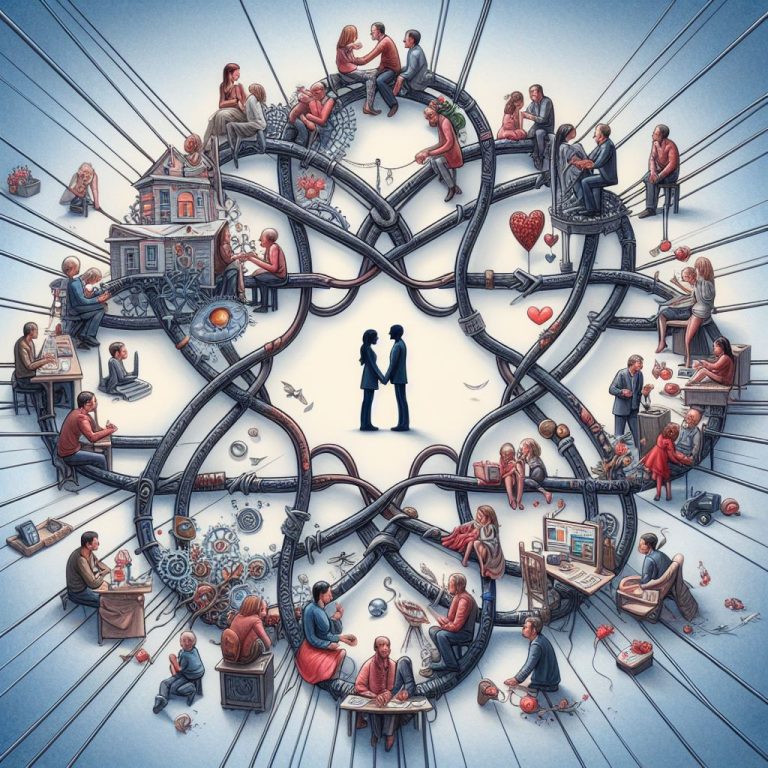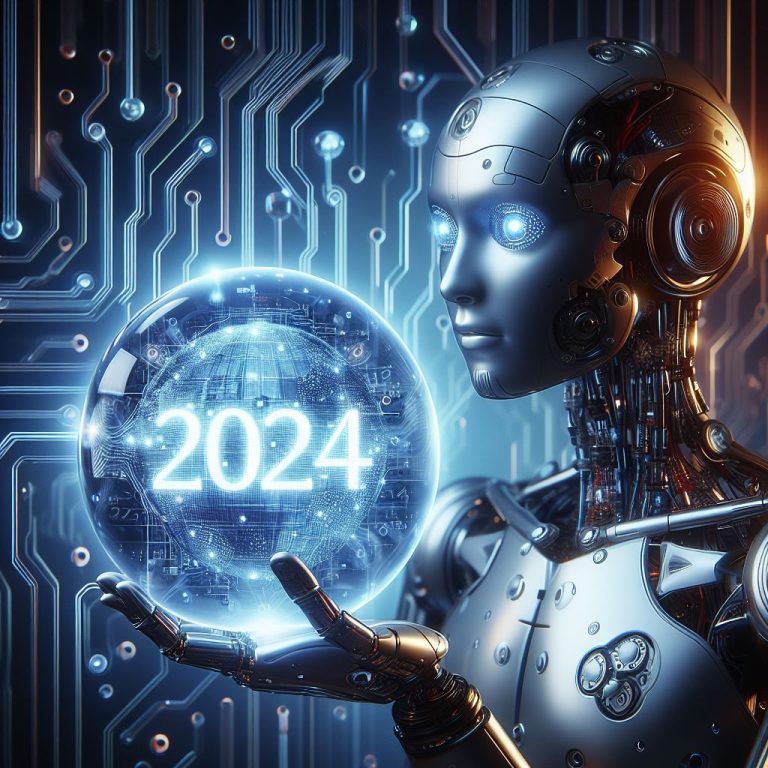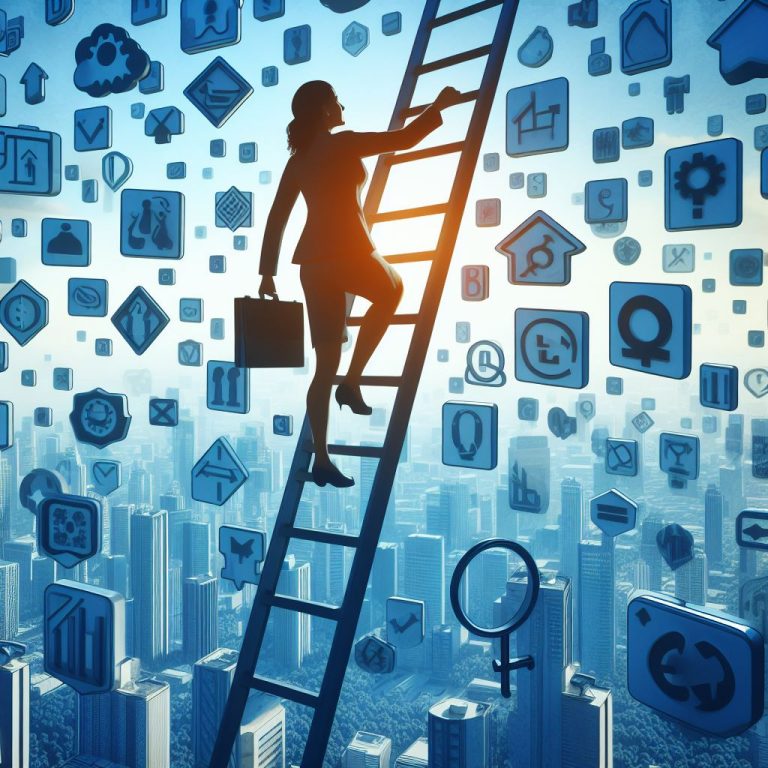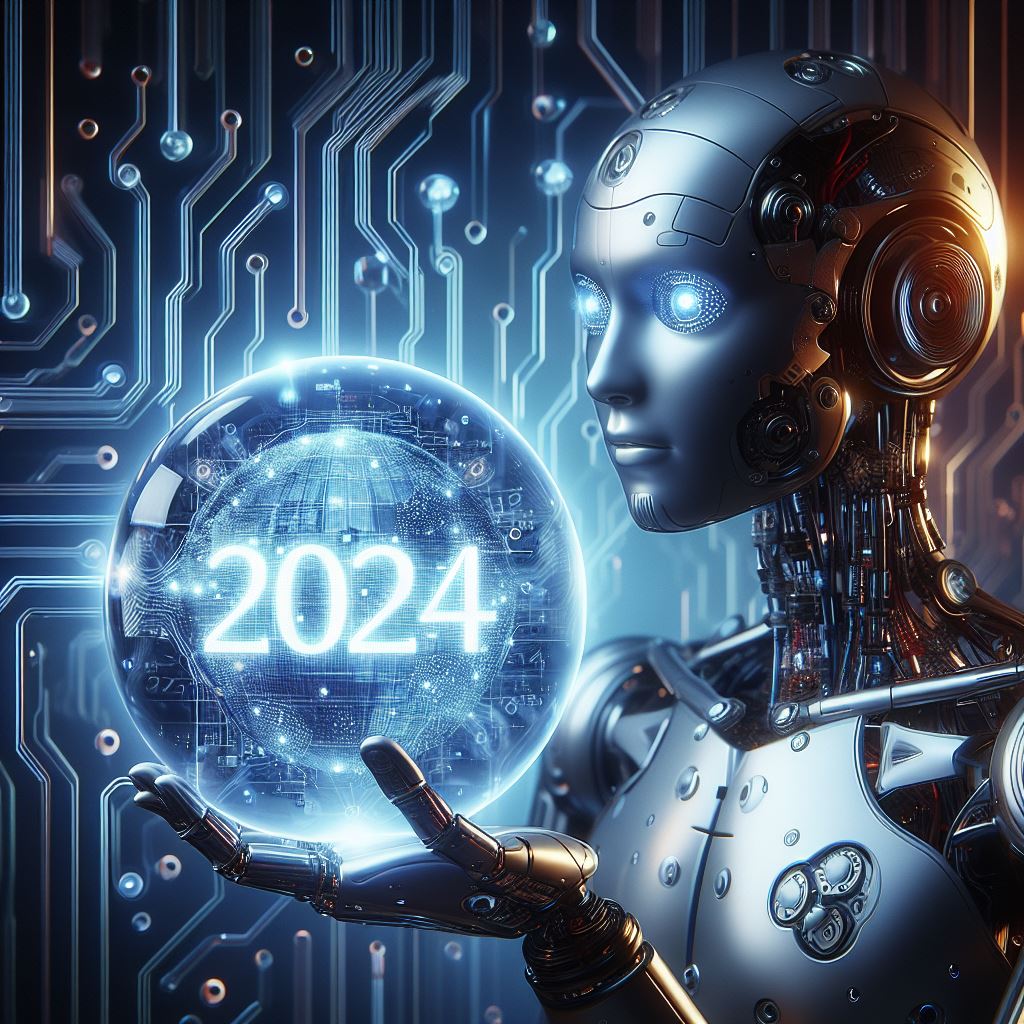Imagine a world where your doctor uses AI to diagnose your illness with pinpoint accuracy, your car drives you safely to your destination without human intervention, and a chatbot answers your customer service questions with personalized understanding. This, dear reader, is not a scene from a futuristic film; it’s a glimpse into our present reality, where Artificial Intelligence (AI) is quietly revolutionizing our lives.
But what exactly is AI? Contrary to popular belief, it’s not about robots taking over the world. Instead, it refers to intelligent systems that can learn, adapt, and make data-based decisions. From machine learning algorithms analyzing financial trends to chatbots engaging in natural language conversations, AI exists in diverse forms, quietly transforming industries and shaping our future.
In healthcare, AI assists doctors in analyzing medical images, predicting disease outbreaks, and even developing personalized treatment plans. In finance, it detects fraudulent transactions, predicts market trends, and offers tailored investment advice. In retail, AI personalizes product recommendations, optimizes supply chains, and provides 24/7 customer service through chatbots.
The impact of AI extends far beyond these core industries. Self-driving cars navigate city streets, while autonomous drones deliver packages and monitor agricultural fields. Educational platforms leverage AI to provide personalized learning experiences, and the creative world witnesses AI composing music, generating art, and even writing scripts.
Of course, this technological revolution comes with its own set of challenges. Concerns about job displacement, ethical considerations regarding bias in algorithms, and the potential misuse of personal data are valid and require careful consideration. Responsible AI development that prioritizes human oversight, ethical frameworks, and transparency is crucial in navigating these challenges.
So, where are we headed? The future of AI is brimming with possibilities. We expect AI to become more sophisticated and seamlessly integrated into our daily lives, potentially blurring the lines between human and machine capabilities. However, it’s important to remember that AI does not replace humans. It’s a powerful tool that amplifies our capabilities, drives innovation, and creates a future of greater efficiency, creativity, and human well-being.
The key lies in collaboration. By embracing AI responsibly, upskilling ourselves for the changing landscape, and prioritizing ethical development, we can ensure that this powerful technology serves as a force for good, propelling us toward a brighter future where humans and AI work together to shape a better world.
So, dear reader, the next time you interact with a chatbot, witness a self-driving car, or receive a personalized product recommendation, remember that it’s not just technology at work; it’s the dawn of a new era, one where AI is not science fiction, but a powerful reality shaping our lives in extraordinary ways.
10 Questions and Answers about AI in 2024:
1. What are the different types of AI?
AI encompasses various approaches, with the most common being:
- Machine learning: Algorithms learn from data without explicit programming.
- Deep learning: Inspired by the brain, complex algorithms process information through artificial neural networks.
- Natural language processing: Enables AI to understand and generate human language.
2. Is AI going to take my job?
While some jobs may be automated, AI is also creating new opportunities. Upskilling and focusing on uniquely human skills like creativity, critical thinking, and problem-solving will be crucial in the future.
3. Is AI biased?
AI algorithms can reflect the biases present in the data they are trained on. Addressing bias in data and algorithms is crucial for ethical and fair AI development.
4. How is AI used in my daily life?
From personalized recommendations on streaming platforms to spam filtering in your email, AI quietly touches many aspects of your daily digital experience.
5. Can AI be creative?
Yes! AI can compose music, write poems, generate art, and even design products, pushing the boundaries of creativity in unexpected ways.
6. Is AI dangerous?
Like any powerful tool, AI can be misused. Responsible development and human oversight are essential to minimize risks and ensure AI benefits humanity.
7. Can AI understand emotions?
While AI can analyze and respond to emotional cues in language and behavior, true emotional understanding remains a complex challenge.
8. Who controls AI development?
AI development involves collaboration between researchers, companies, and governments. Ensuring ethical and responsible development requires diverse perspectives and shared responsibility.
9. How can I learn more about AI?
Numerous online resources, educational courses, and even AI-powered learning platforms can help you delve deeper into the world of AI.
10. What does the future hold for AI?
The future of AI is exciting and unpredictable. Expect more sophisticated applications, deeper integration into our lives, and continued advancements in capabilities. Stay curious, engaged, and ready to navigate the evolving world of AI!
Remember, AI is a journey, not a destination. By understanding its potential, embracing its responsible development, and staying informed, we can shape a future where AI empowers us to create a better world.
Outline:
I. Introduction:
- Hook: A relatable scenario where AI seamlessly assists someone in daily life.
- Thesis: AI is no longer science fiction; it’s woven into the fabric of our lives, transforming diverse industries and shaping the future.
II. Demystifying AI:
- Defining AI: Not human-like robots, but intelligent systems that learn and adapt.
- Different types of AI: Machine learning, deep learning, natural language processing, etc.
- Dispelling common myths and misconceptions about AI.
III. AI in Action: Transforming Industries:
- Healthcare: Diagnosing diseases, assisting surgery, developing personalized medicine.
- Finance: Fraud detection, personalized financial advice, algorithmic trading.
- Retail: Recommending products, optimizing supply chains, and chatbots for customer service.
- Transportation: Self-driving cars, traffic management, autonomous drones.
- Education: Personalized learning platforms, automated grading, virtual tutoring.
- Creative Industries: Music composition, generating art, writing scripts, designing products.
IV. The Impact of AI: Benefits and Challenges:
- Benefits: Increased efficiency, improved accuracy, personalized experiences, and innovation.
- Challenges: Job displacement, ethical considerations, algorithm bias, privacy concerns.
- Importance of responsible AI development and human-AI collaboration.
V. The Future of AI: What to Expect:
- AI becoming more sophisticated and integrated into daily life.
- Rise of explainable AI and ethical frameworks.
- Importance of upskilling and preparing for an AI-driven future.
VI. Conclusion:
- AI is not a replacement for humans but a powerful tool for progress and collaboration.
- Embracing AI responsibly can create a future of greater efficiency, creativity, and human well-being.






